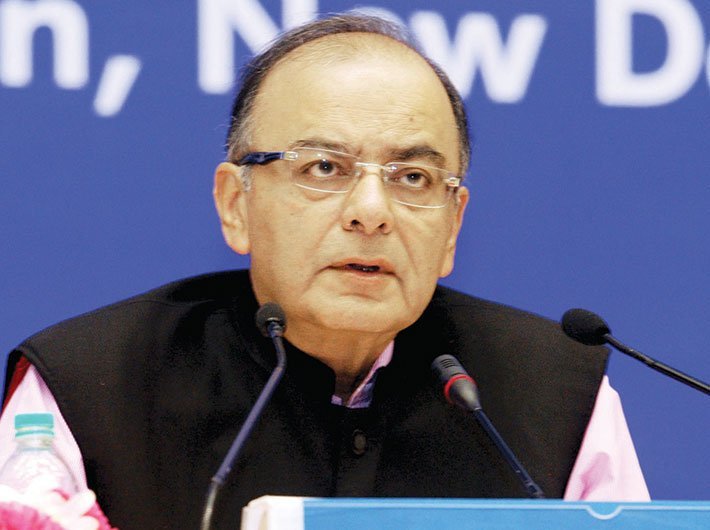By facilitating inter-operability, UPI has the potential to unleash the power of mobile phones in achieving digitalisation of payments and financial inclusion
The Goods and Services Tax (GST) will create a common Indian market, improve tax compliance and governance, and boost investment and growth; it is also a bold new experiment in the governance of India’s cooperative federalism, said the Economic Survey 2016-17.
The Survey states that against the backdrop of robust macro-economic stability, the year was marked by two major domestic policy developments – the passage of the Constitutional Amendment, paving the way for implementing the transformational GST, and the action to demonetise the two highest denomination notes.
Read: GST bill passed: India looks set for its biggest ever tax reform
The Survey report says that demonetisation has had short-term costs but holds the potential for long-term benefits. Follow-up actions to minimise the costs and maximise the benefits include: fast, demand-driven, remonetisation; further tax reforms, including bringing land and real estate into the GST, reducing tax rates and stamp duties; and acting to allay anxieties about over-zealous tax administration. These actions would allow growth to return to trend in 2017-18, possibly making it the fastest-growing major economy in the world, following a temporary dip in 2016-17.
The Economic Survey 2016-17 states that the year was also marked by some tumultuous external developments. In the short-run, world GDP growth is expected to increase because of a fiscal stimulus in the United States but there are considerable risks. These include higher oil prices, and eruption of trade tensions from sharp currency movements, especially involving the Chinese yuan, and from geo-political factors. Another serious medium-term risk is an upsurge in protectionism that could affect India’s exports.
Read: The flawed premises of GST
The Survey states that the year also saw a number of legislative accomplishments in the country. In addition to the GST, the government:
• Overhauled the bankruptcy laws so that the “exit” problem that pervades the Indian economy –with deleterious consequences highlighted in last year’s Survey – can be addressed effectively and expeditiously;
• Codified the institutional arrangements on monetary policy with the Reserve Bank of India (RBI), to consolidate the gains from macroeconomic stability by ensuring that inflation control will be less susceptible to the whims of individuals and the caprice of governments; and
• Solidified the legal basis for Aadhaar, to realise the long-term gains from the JAM trifecta (Jan Dhan-Aadhaar-Mobile).
Beyond these headline reforms were other less-heralded but nonetheless important actions. The government enacted a package of measures to assist the clothing sector that by virtue of being export-oriented, labour-intensive could provide a boost to employment, especially female employment. The National Payments Corporation of India (NPCI) successfully finalised the unified payments interface (UPI) platform. By facilitating inter-operability, UPI has the potential to unleash the power of mobile phones in achieving digitalisation of payments and financial inclusion, and making the “M” an integral part of “JAM.” Further FDI reform measures were implemented, allowing India to become one of the world’s largest recipients of foreign direct investment. The government has also adhered to a steady and consistent path of fiscal consolidation.
Read: UPI can be critical component for cashless initiatives
The report says that India seems to be a demographic sweet spot with its working age population projected to grow by a third over the next three decades providing it a potential growth boost from the demographic divided which is likely to peak within next five years.
The Survey report also states that the Swachh Bharat which has the objective of ensuring safe and adequate sanitation, water security and hygiene has been a part of serious policy issue which would promote a broader fundamental right to privacy for women in the country.
